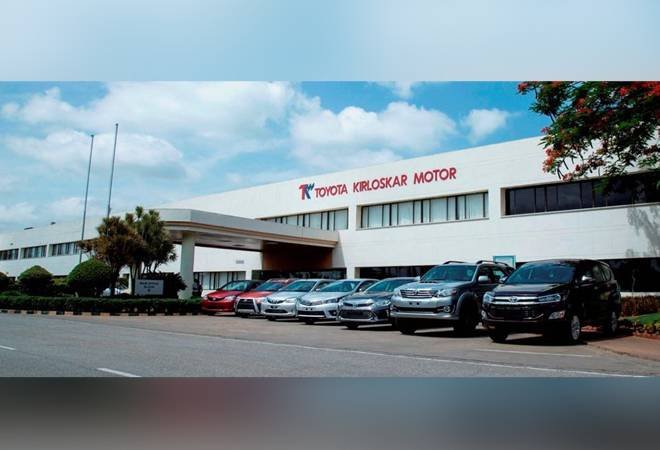Toyota Kirloskar Motor Pvt. Ltd. (TKM) which has installed production capacity of 3,10,000 unites per annum has been meeting 95% of its water consumption requirements through recycled and rain water harvesting.
Toyota, a mobility leader has ‘Global Environment Challenge 2050’ a goal of creating a net positive impact by 2050, has aligned its recent activities with environmental suitability and reduced resource consumption. Under which it has Challenge of Minimizing and Optimizing Water Usage which allows implementing measures, on a priority basis, in regions where the water environment is considered to have a large impact.
With ‘Reduce, Reuse, Recycle’ approach towards water, the company has constructed rainwater harvesting systems with a capacity of 51,000m3. In this reporting year, it has utilized 43.347 million liters of harvested rainwater in production.
It has installed a state-of-the art wastewater treatment plant that allows to reuse 70-85% of wastewater. In the year 2019-20, it has consumed 303.378 million liters of recycled water in its operations.
Also Read: Rusen Kumar to speak at ASSOCHAM CSR & Sustainability Summit in Bengaluru
Rainwater is passed through a Reverse Osmosis filtration system. The processed water is used for industrial procedures as well as in the domestic space, annual sustainability report 2020 revealed.
The rainwater is collected in a small pond. The water collected is then used to wash the cars at most of its dealerships. Rainwater is also used to recharge the borewells. Recycled water is reused for vehicle washing and plantation activities at certain dealer outlets.
The industrial requirement of water is 321.9 ML /yr. Domestic need of water is 207.4 ML/yr and miscellaneous need of water for gardening and toilet flushing is 234.3 ML/yr.
TKM has introduced water-borne paint technology at dealerships. Through the water-borne painting process, up to 90% of the hazardous solvent is replaced by water and a ready-to-use base coat paint mixture which reduces the overall VOC levels by up to 47%.
Servicing vehicles needs a large quantity of water, with an average consumption of about 150 liter/vehicle. To work towards water conservation, it has introduced the innovative ‘Eco Wash’. This is a technique which eliminates nearly 99% of water usage without compromising on the quality of cleanliness.
In FY 2020, about 60% of dealerships used Eco Wash, a huge leap from the mere 8% in 2014. This is mainly seen in major cities and helps dealerships to comply with the local regulations under the Water Act.
According to the World Resources Institute, 54% of the Indian geography faces high to extremely high-water stress. Toyota sourced water primarily from the Cauvery river basin, a single dry season or water shortage could greatly affect its industrial water supply. Keeping in mind, the company prioritises water conservation and wastewater treatment and make multiple efforts to deal with water scarcity to create a positive impact on the community.
It is utilizing 94% of green energy and 96% of waste generated is being recycled in an authorized way.
Also Read: The Culture of giving Should be nurtured and Sustained, Says Rusen Kumar
The company is mitigating their impact on the environment, and also proactively contributing to the betterment of it by educating 6,511 children on the topic of sustainable development in its one-of-a-kind experiential learning center – Ecozone.
A cumulative 3,20,000 saplings have been planted inside its premises till FY 2019-20. 14,398 saplings were planted outside of TKM in June 2019 for Environment Month. 94% of electricity units (of 53,976 MW/hr) sourced from renewable sources, resulting in an offset of 50,197 tons of CO2 Toyota which considers hydrogen a potential alternative fuel and is actively developing technologies to harness it from various primary sources.
The company has established Environmental Subcommittees to decentralize the responsibilities of Environmental Management and promote cross-functional efforts to manage key focus areas. Its Environmental Assessment System gives clear directions for each of the subcommittees and the organization is audited by its Asia-Pacific headquarters on the performance against the EAS requirements, report said.
(Rusen Kumar writes on CSR, Sustainability, Corporate Governance, Business Affairs and Responsible Business. He is the founder of India CSR Network)







